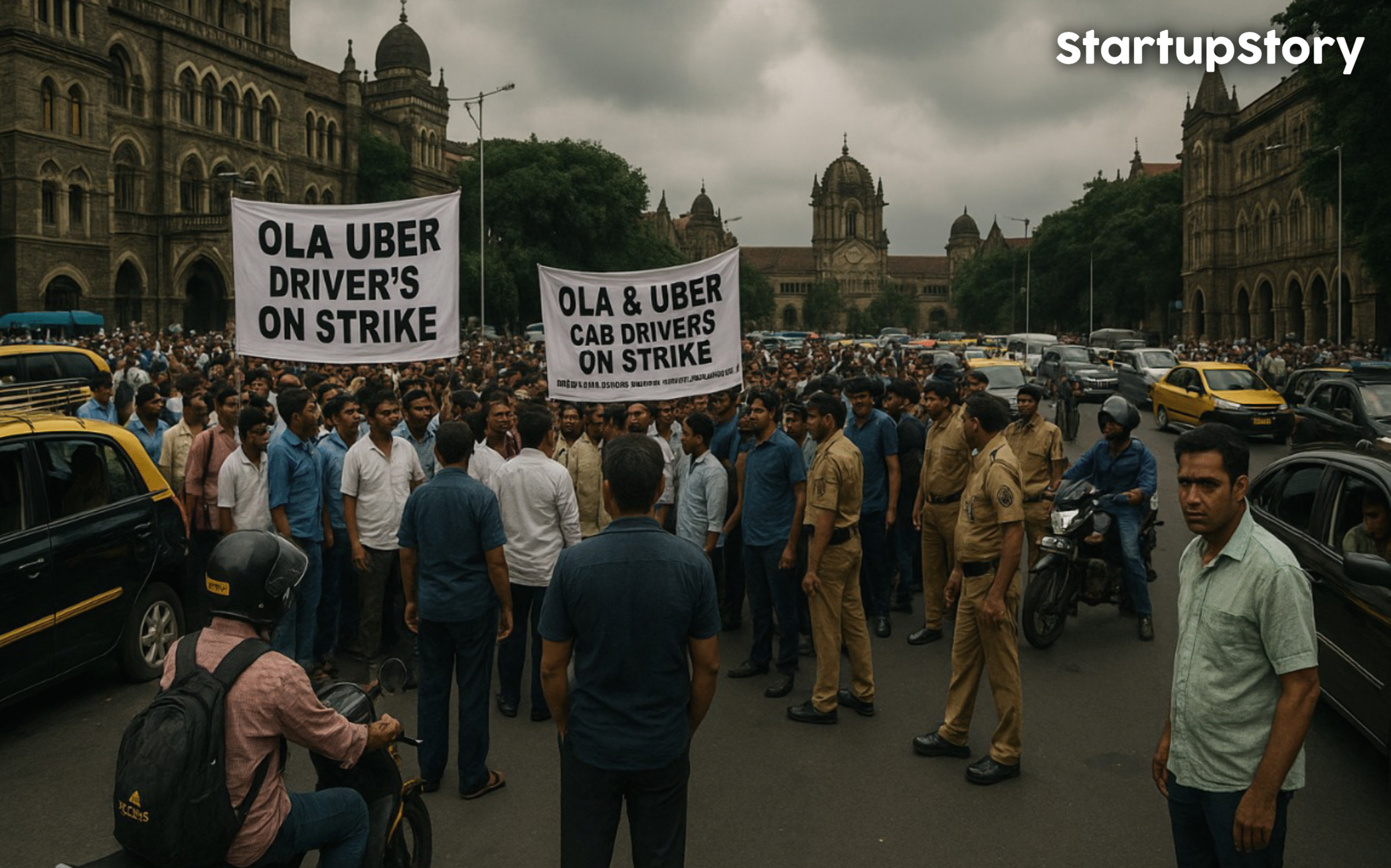
In a candid statement addressing recent speculation, Zomato co‑founder and CEO Deepinder Goyal firmly refuted reports that LAT Aerospace, a startup he backs had acquired a Bombardier private jet. Emphasizing the venture’s mission, he underscored that the company is dedicated to developing affordable regional aircraft, not acquiring luxury jets.
Clearing the Air on Private Jet Rumors:
On July 16, Moneycontrol and several outlets reported that LAT Aerospace had purchased a Bombardier Global-series private jet, parked at Delhi’s VIP bay since June and expected to commence operations. Sharing his thoughts on X (formerly Twitter), Goyal dismissed these claims as “clickbaity” and reiterated:
“For those who want facts more than clickbaity headlines – LAT is a startup, and has not bought any private jet.”
He further added with a touch of humor,
“And, I don’t own one personally either. Will be nice to have one though.”
What LAT Aerospace Really Stands For:
Contrary to the private-jet narrative, LAT Aerospace was launched in June 2025 by Deepinder Goyal and Surobhi Das (former Zomato COO). The startup is on a mission to revolutionize regional air travel using innovative hybrid-electric, STOL (short take‑off and landing) aircraft with 24 seats designed for affordability and frequency.
Their vision involves creating “air-stops” compact take-off and landing zones no larger than parking lots-that eliminate complex airport baggage systems and security bottlenecks, enabling walk-in and fly-style regional connectivity.
With over $50 million in funding secured $20 million of which came from Goyal, the venture is focused on building next-gen aircraft and ground infrastructure, seeking to make smaller cities across India accessible by air.
Looking Ahead: Challenges and Opportunities:
The aviation startup acknowledges key hurdles ahead:
- Regulatory approvals: Gaining clearances from aviation authorities will be vital.
- Technological development: Designing efficient hybrid‑electric STOL crafts suited for underutilized airstrips is a core challenge.
- Public acceptance: Building trust in shorter, frequent, and affordable flights requires addressing safety, costs, and convenience.
Yet, if LAT’s model succeeds, it could unlock tremendous potential-connecting India’s 450+ airstrips (of which only ~150 are commercially used) and transforming travel options for millions




